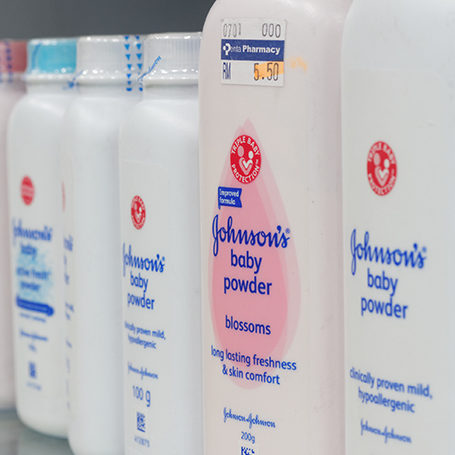On June 1st, the Supreme Court rejected an appeal from Johnson & Johnson (J&J) without comment. In 2018, 22 women sued the company over its talc products, believing the asbestos in the products gave them ovarian cancer. Talc and asbestos are often found in the same mines, with asbestos being a known carcinogen. Jurors noted sufficient evidence to support the link between the talc, asbestos, and ovarian cancer diagnoses.
The plaintiffs won in a $4.7 billion verdict, which was later reduced to $2 billion by a Missouri appeals court. Ultimately, the women were each awarded $25 million in compensatory damages, and the company was fined.
Mesothelioma, a rare form of cancer, is also linked to asbestos exposure. J&J is currently fighting thousands of lawsuits linked to this cancer, having set aside almost $4 billion to cover the related expenses.
In 1976, J&J participated in an industry agreement to ensure asbestos-free products. However, in 2018, a Reuters investigation found mention of undisclosed asbestos contamination in over three decades of internal reports from the company. Just a year later, in 2019, the U.S. Food and Drug Administration (FDA) confirmed the presence of asbestos in J&J talc products.
In May 2020, U.S. and Canadian sales of baby powder ended due to “pandemic-related low demand and public safety misinformation.” Publicly, J&J maintains the safety of their products.
For more information about the link between J&J talc baby powder and asbestos exposure, contact us today.
Additional Reading:
Johnson & Johnson Sets Aside Nearly $4 Billion for Talc Verdict

